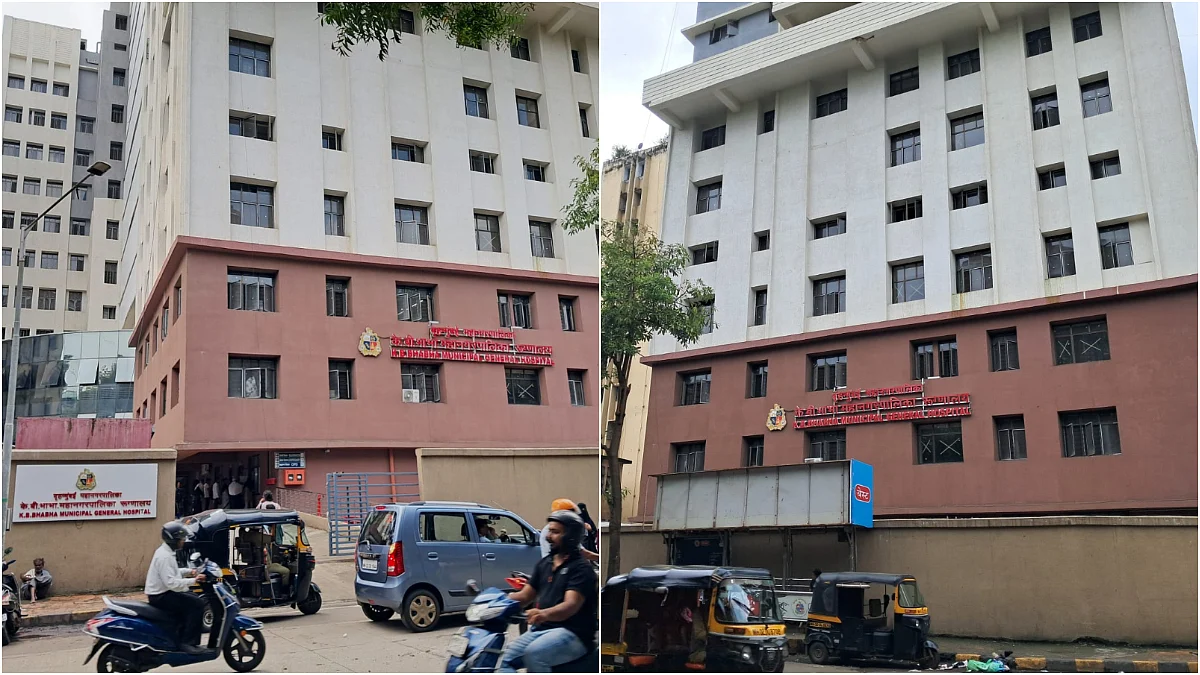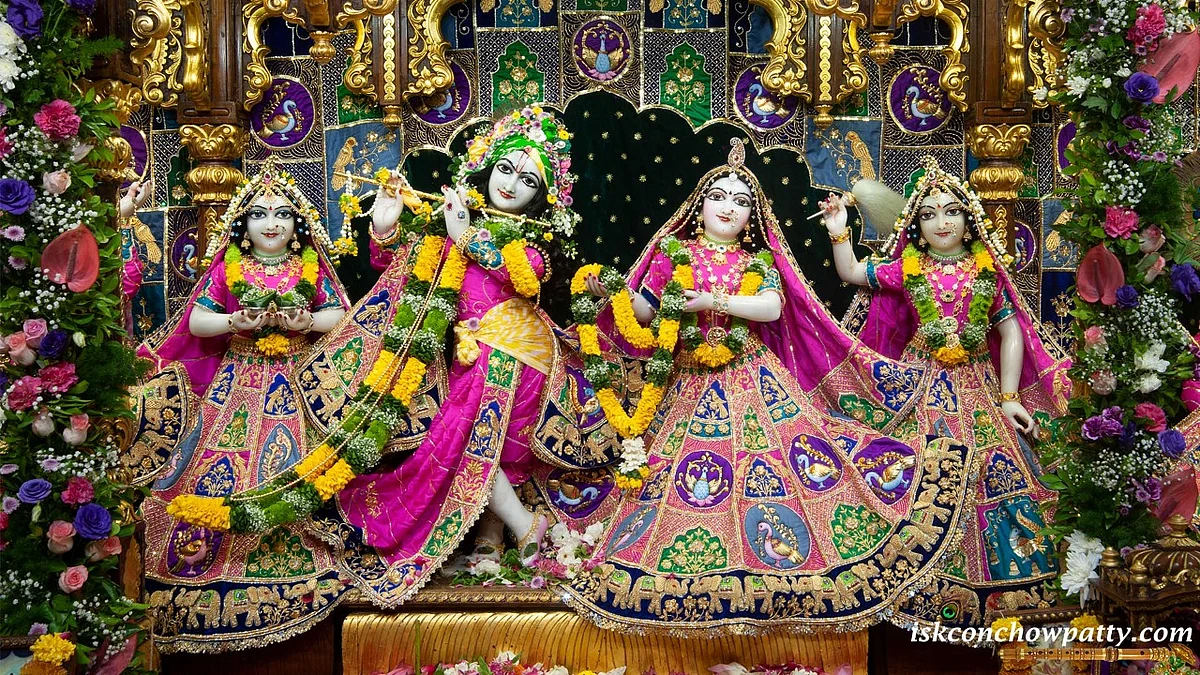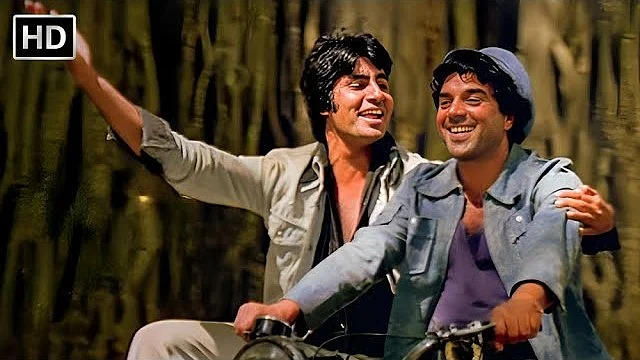These are the best of times. These are the worst of times. These are times when propaganda and the views of those who rule us is disseminated as news. But occasionally, the Supreme Court does come to the rescue of activists jailed for challenging those in power, like Teesta Setalvad. The 49th Chief Justice of India Uday Umesh Lalit has a tenure of 74 days while Teesta Setalvad spent 70 days in Sabarmati jail. She was granted interim bail which means the case against her will continue. CJI Lalit who was an Advocate-on-Record before becoming a senior advocate of the Supreme Court knows very well that the registry sometimes does list cases of top law firms — where the stakes are high — within six weeks, while those of junior lawyers takes six months.
The maxim that bail is the rule and jail is the exception was overturned in Teesta Setalvad’s case. A former Supreme Court judge, BN Srikrishna, was indirectly rebuked by law minister Kiren Rijiju for stating in an interview to The Hindu that freedom was in peril and illustrating it by saying that if someone said he did not like the face of the prime minister, he could go to jail. Mr Rijiju said those who abused the prime minister were the first to shout that freedom of speech was in peril.
During the hearing of Teesta Setalvad’s interim bail application, the judges questioned why no charge-sheet was filed after two months of her arrest and prompt recording of the FIR against her on the next day of the Supreme Court judgment that dismissed Zakia Jafri’s plea challenging the exoneration of Narendra Modi and others in the 2002 Gujarat riots, with caustic strictures against Ms Setalvad and others. The apex court noted the High Court had adjourned her bail plea from August 3 to September 19 without cogent material to deny her bail.
These questions raised by the judges point to a politically vindictive executive which is evident by the income-tax searches at the Delhi offices of the independent think tank Centre for Policy Research and Oxfam India, apart from the Bangalore-based Independent and Public Spirited Media Foundation (IPSMF) that partly funds media outlets such as The Caravan and The Print, as well as Swarajya.
Interestingly, The Caravan is known for hard-hitting investigative exposes which question the government, and broke the so-called “mysterious” death of Judge Loya. Its most recent expose was the questioning of a probe report lauded by the Supreme Court which rejected the pleas made by Zakia Jafri, widow of slain MP Ehsan Jafri, Teesta Setalvad and others to further investigate the alleged role of the then Gujarat chief minister Narendra Modi, arguably India’s most powerful and charismatic leader.
On June 24, a Justice AM Khanwilkar-led bench of the Supreme Court indirectly flayed Teesta Setalvad and others for “keeping the pot boiling” over the 2002 Gujarat riots so that “all those involved in the abuse of such (due) process of law, need to be in the dock and proceeded with in accordance with law.” The very next day, Teesta Setalvad found herself inside Sabarmati jail.
We need to compare Ms Setalvad’s experience with that of Justice Srikrishna who said a senior IAS officer from Telangana, Smita Sabharwal, was voicing her outrage as a woman at the Gujarat government freeing 11 rapists-cum-murderers in the Bilkis Bano case. Her right to free speech was subsumed by civil service rules, he opined.
Justice Srikrishna lauded former Tripura chief justice Akil Kureshi who was a “very good judge” but was “not given his due”, a euphemism for not being elevated to the apex court, for “obvious reasons.” In Lipika Paul versus state of Telangana, Justice Kureshi said only a statutory law — like rule 9 of the civil service (conduct) rules — could curtail a civil servant’s right to freedom of speech.
Justice Srikrishna’s observation that “today, things are very bad” must be juxtaposed with the experience of Teesta Setalvad and Bilkis Bano and compared with Rahul Gandhi’s speech during the Congress’ Halla Bol campaign in Delhi that hatred and joblessness was rising while the three farm laws were passed to allegedly benefit two or three industrialists known to be close to the government. Gandhi alleged the opposition was not allowed to raise inconvenient questions in Parliament while the media, the judiciary and the election commission (EC) were under attack.
But this same EC derecognised 198 political parties which were registered but were not recognised because they had flouted vital laws, like not filing their returns disclosing their funding patterns and the names of their office-bearers. The income-tax sleuths conducted 110 searches in Gujarat, Delhi, Uttar Pradesh, Maharashtra, Madhya Pradesh, Chhattisgarh, Haryana and other states and announced it was taking action against 2100 entities for similar violations.
On the face of it, there appears to be no assault on freedom of speech with the exceptions of the Centre for Policy Research, and the Global NGO Oxfam India. But we must remember that Amnesty International and Greenpeace India had to shut down in India because the government alleged they violated the Foreign Contributions Regulation Act (FCRA) which is why the FCRA licenses of 1,900 NGOs were cancelled . There were 22,762 FCRA-registered organisations till December 2021 whose number has fallen drastically. Not all of them were critical of the government.
Interestingly, the Gandhi family's travails over the National Herald case found echoes in Congress-ruled Rajasthan where income-tax sleuths searched the premises of minister of state for home Rajendra Yadav and his family members. That patriotism is a virtue for the vicious and the last refuge of the scoundrel may apply to Sanjay Raut who is the executive editor of Saamna and is now in jail in the Patra Chawl redevelopment scam.
All this appears to confound the empty words of the 46th CJI Ranjan Gogoi who said India needs noisy judges and independent journalists. But not-so-noisy judges like Justices Kureshi and Srikrishna find themselves muted while our independent journalists who publish The Caravan and The Print may find their independence too costly to continue.
The writer holds a PhD in law and is a senior journalist-cum-advocate at the Bombay High Court










